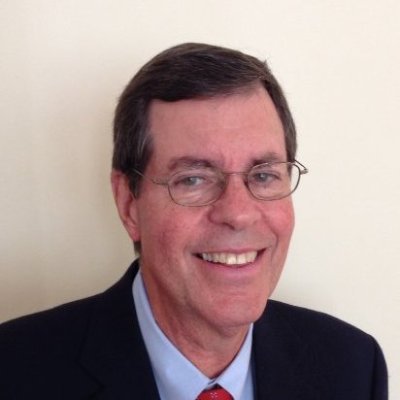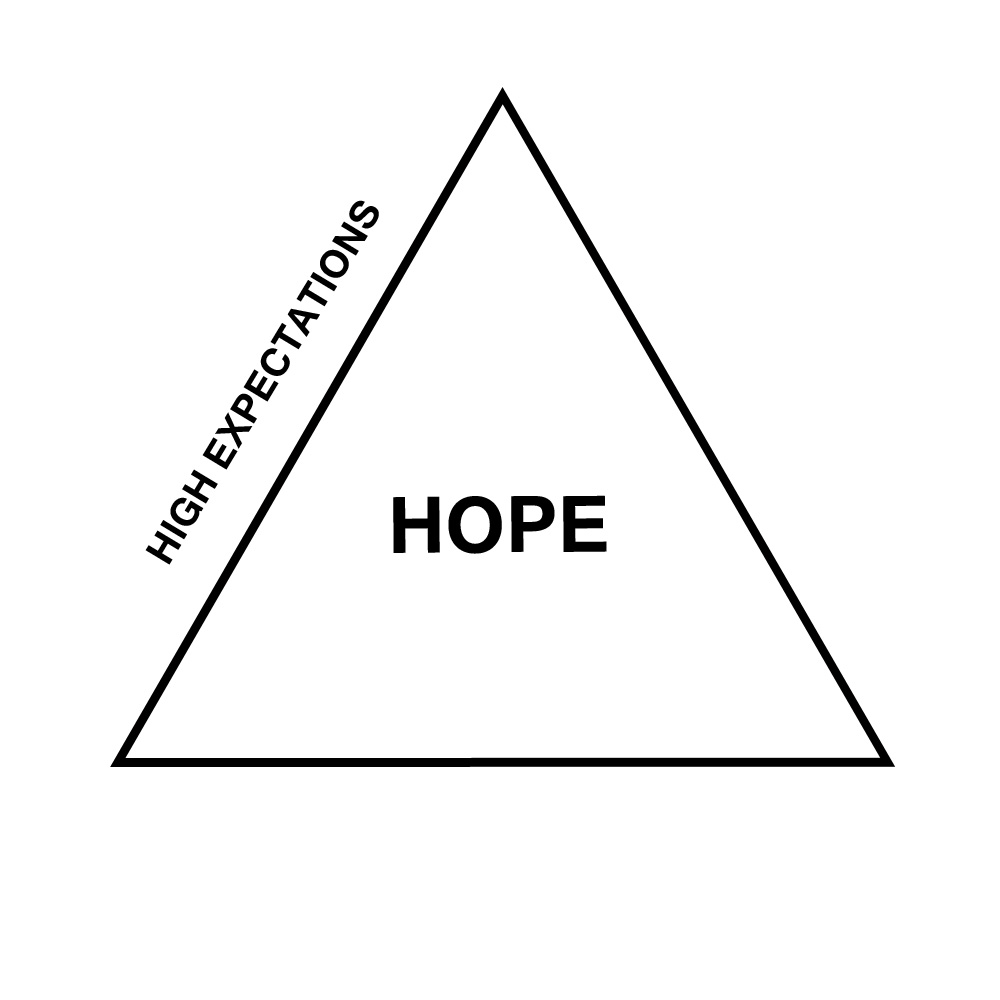 In this series a Title I school principal takes you through his school’s journey to gaining (and maintaining) state accreditation. And—more importantly—building a foundation of hope in the hearts and minds of his students from poverty. What made the difference? The teachers—who they were and what they did differently and consistently.
In this series a Title I school principal takes you through his school’s journey to gaining (and maintaining) state accreditation. And—more importantly—building a foundation of hope in the hearts and minds of his students from poverty. What made the difference? The teachers—who they were and what they did differently and consistently.
This is an opinion piece. My opinion is that not only are teachers essential to improving the achievement of students from poverty, in fact, teachers are the pathfinders to success for those students in our larger American society. As Ruby Payne points out in A Framework for Understanding Poverty, having an education is the most realistic course to lead one out of poverty.
Unfortunately, a common refrain one hears today is “our schools are in crisis.” But are they really? Diane Ravitch says in this Huffington Post article that this is a false narrative. All schools are not failing, but in my view, the problem with evaluating schools and teachers is the gelatinous nature of the measures. In fact, as Ravitch notes in a piece for The New York Times, “The best predictor of test scores is family income.”
The essence of successful schooling is answering the following question—for each and every child: Does our school give our students what they need so they have hope for their futures?
Let’s break it down to the student and classroom level: What if you’re a 12-year-old African-American boy with a single mother, an absent father, and several younger siblings; you have no car, you’re not sure there will be anything for dinner, your mother works all night at a low-paying job, and, oh yeah, you’re smart but behind in school? Do you have any hope? What if you are his teacher and must teach 25 or more students with similar issues every day? What is his teacher’s hope?
Is hope important? Hope leads to motivation; motivation leads to engagement and learning; learning leads to success. Hope is future oriented; failure is rooted in the past. But how can teachers bring hope to children living in poverty? Put another way: What is missing from what is happening now that can bring this hope?
As I said in “Breaking the Cycle of Poverty,” there are specific actions teachers can take that make a difference—that create hope. Kids in poverty need good teaching and to be held accountable for their actions regardless of their circumstances outside school. And they need role models of persistence and success. Teachers are the gatekeepers of hope. But their efforts must be valued and organized. What does that look like in the daily workings of a real school?
First, some background: In 2012 I retired as school principal of a public Title I elementary school (kindergarten to Grade 5) in Virginia. Our school enrollment of 550 was made up of 55% African-American students (largely from subsidized government housing), 35% Caucasian students (mostly blue collar), and 10% students of other races/ethnicities. More than half of all our students were eligible for free or reduced meals under the National School Lunch Program. We also had one federal preschool class (formerly called Head Start), five full-time special education classes, and one Title I reading teacher.
So my school could have gone either way—we had a preponderance of at-risk kids and a lack of parent involvement. Nevertheless, my school was fully accredited by the Commonwealth of Virginia for the last 12 years before I retired in 2012.
What specific things did we do that made us successful? I would like to outline critical actions of our teachers that led us to achieve and maintain state accreditation and create hope for our students as they entered middle school and beyond.
There were three critical areas we focused on like a laser. I’ve depicted them in a triangle because each side supports the whole. The first critical focus was setting (and maintaining) high expectations. Next month we will delve into what that looks like.

See parts 2-5 and other posts from Dave Burgess here.
Dave Burgess is an independent educational consultant in Richmond, Virginia. He may be reached at davidburgess789@gmail.com.








